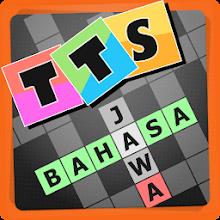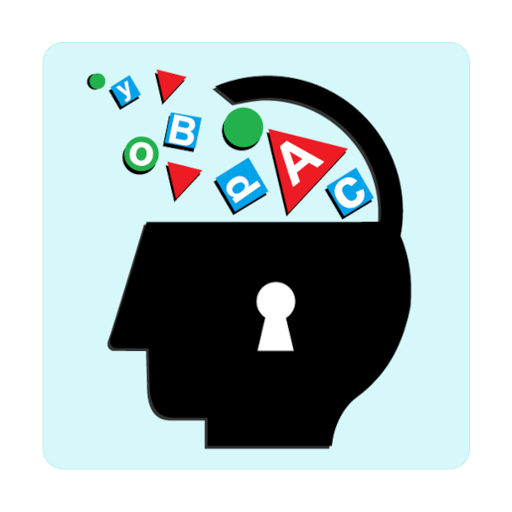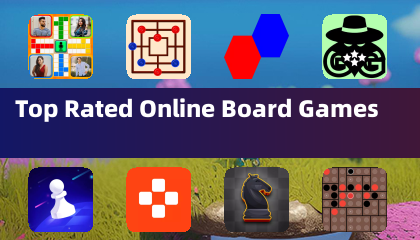Microsoft's recent unveiling of an interactive demo inspired by Quake II, powered by their AI technologies Muse and the World and Human Action Model (WHAM), has ignited a robust discussion within the gaming community. This demo, which can be experienced in a web browser, showcases Microsoft's ambition to dynamically generate gameplay visuals and simulate player behavior in real-time, without relying on a traditional game engine.
Microsoft describes the demo as a "bite-sized" experience that pulls players into an interactive space where AI crafts visuals and responsive actions on the fly. They emphasize that this demo represents a groundbreaking approach to game interaction, turning cutting-edge research into a playable format. However, the reception to this demo has been mixed, with many expressing skepticism and disappointment.
After Geoff Keighley shared a video of the demo on social media, the response was overwhelmingly critical. Many gamers and industry observers voiced concerns over the quality and future implications of AI-generated content in gaming. Critics on platforms like Reddit and X (formerly Twitter) lamented the potential loss of the "human element" in game development, fearing that AI might be used to cut costs at the expense of creativity and quality. Some even suggested that gamers might be willing to purchase AI-generated content, drawing parallels to the existing market for expensive in-game skins.
Despite the backlash, not all feedback was negative. Some defended the demo as a proof of concept, highlighting the potential of AI to create coherent and consistent game worlds. They argued that while the current demo might not be suitable for a full game, it represents significant progress in AI technology and could be useful in early concept and pitching phases of game development.
The debate over Microsoft's AI demo reflects broader concerns within the gaming and entertainment industries about the role of generative AI. Recent layoffs and the use of AI in game development, such as Activision's use of AI for assets in Call of Duty: Black Ops 6, have intensified these discussions. Additionally, the failure of Keywords Studios' AI-generated game and controversies like the AI Aloy video have underscored the challenges and ethical considerations surrounding AI in gaming.
As the industry continues to explore the potential of AI, the conversation around Microsoft's Quake II demo serves as a microcosm of the larger debate on the future of game development and the balance between technological innovation and the human touch that has long defined the gaming experience.















